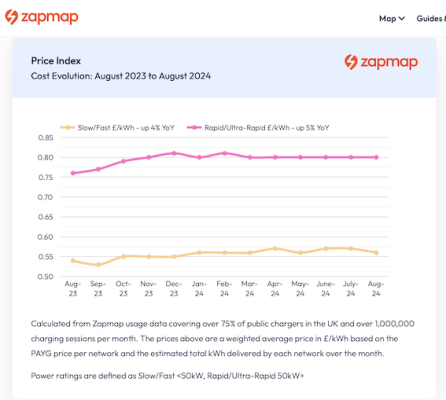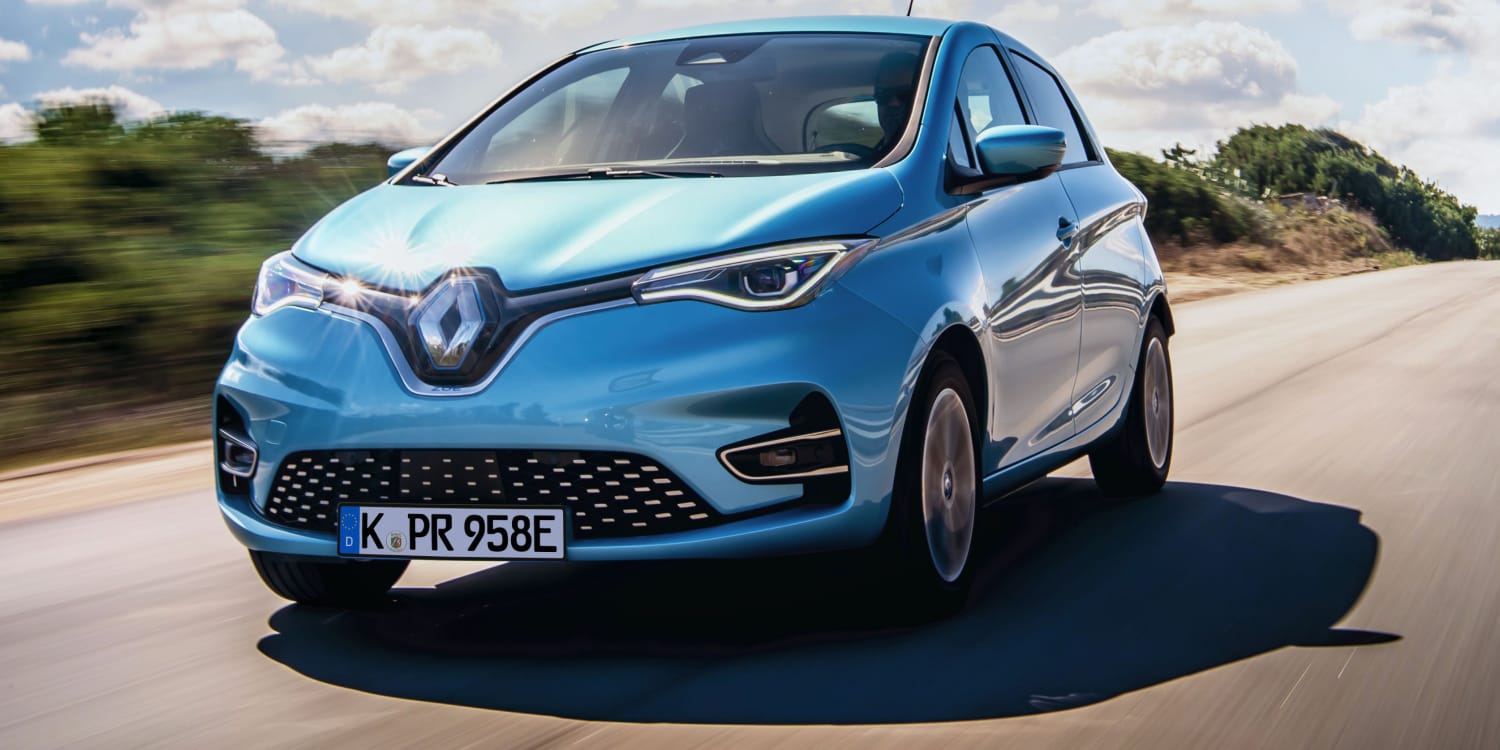In the news today ... not a great surprise
"Italy to present proposal for early review of EU combustion engine ban
ROME (Reuters) - Italy will file an official proposal this week to bring forward to next year a planned European Union review of the bloc's ban on the sale of new internal combustion engine cars from 2035, Industry Minister Adolfo Urso said on Monday.
Italy's proposal will be discussed by its national delegation of EU lawmakers on Wednesday, before being officially presented the following day at a meeting of EU industry ministers, Urso said.
Italy is among a group of EU countries pushing back against the bloc's so-called Green Deal, led by the European Commission, to tackle climate change and curb pollution, with Prime Minister Giorgia Meloni often dismissing its proposals as "ideological".
"We believe it's absolutely necessary to modify the direction of EU industrial policy," Urso told a gathering of business associations and trade unions.
"The automotive sector is the one where a change from the Green Deal is most required," he added.
In March 2023, EU countries approved a landmark law that will require all new cars to have zero CO2 emissions from 2035, effectively banning diesel and petrol vehicles and leaving the market almost solely to electric ones.
The EU Commission, however, scheduled a review of the legislation for 2026 to assess technological advances of hybrid cars and whether they can comply with the 2035 goal. The EU law also includes an exemption for cars running on e-fuels.
Last week Meloni called the planned phase-out of internal combustion cars a "self-destructive" decision, saying it was causing too much damage to Europe's auto industry.
The EU measures were meant to speed up the electrification of the sector, but several automakers have recently started to scale down their electric vehicle roll-out plans due to poor demand."



